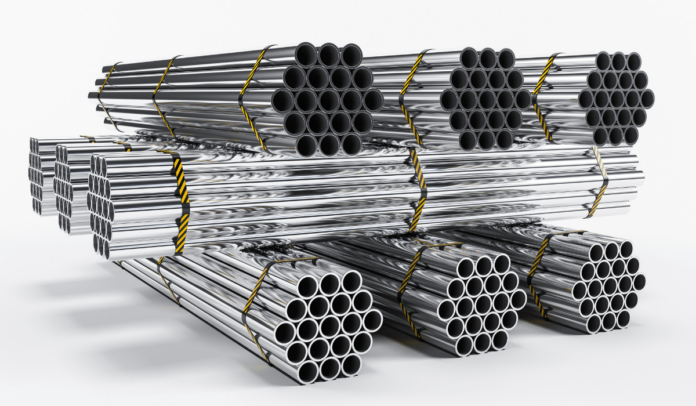The Pakistan Association of Large Steel Producers (PALSP) called on the federal government to reject proposals restoring tax exemptions for steel units in former FATA and PATA, citing risks to formal sector manufacturers and the national economy.
In a letter addressed to Prime Minister Shehbaz Sharif and shared with Finance Minister Muhammad Aurangzeb, Minister for Inter-Provincial Coordination, adviser on political and public affairs, and the FBR chairman, PALSP said these exemptions have historically distorted market competition and harmed tax-compliant producers in settled areas. The association cautioned that continuing the benefits could undermine fiscal reform and industrial revival efforts.
The exemptions were initially introduced for conflict-affected regions to provide relief and included waivers on income tax, sales tax, customs duties on machinery imports, and withholding taxes. PALSP argued that these measures were extended beyond their original intent and misused, allowing goods from tax-free zones to enter settled markets without paying due taxes, creating unfair competition.
According to PALSP, the disparity from 2018 to 2024 nearly collapsed documented steel units in industrial hubs such as Hattar, Islamabad, Gujranwala, Faisalabad, and Lahore. In June 2024 alone, 16 units in Hattar and eight in Islamabad shut down, while others in Gadoon and Hayatabad suspended operations—trends linked to competition from tax-exempt producers in former FATA and PATA.
The association added that closures also affected investor confidence. It cited the postponement of the country’s first Chinese private-sector steel investment in Rashakai Special Economic Zone, with sponsors expressing concerns over “inordinate exemptions” for producers in the former FATA and PATA regions.
PALSP noted that thousands of formal jobs were lost due to factory shutdowns, while exempted units reportedly earned large profits without contributing to the exchequer or local development. Over the past seven years, the association said, tax exemptions valued at more than Rs500 billion were granted to these steel units, yet no funds were allocated for welfare in the regions.
The 2025-26 federal budget introduced a phased withdrawal of exemptions, including a 10 percent sales tax on steel products starting July 2025. PALSP emphasized that full withdrawal is essential to level the playing field and protect formal sector enterprises.




